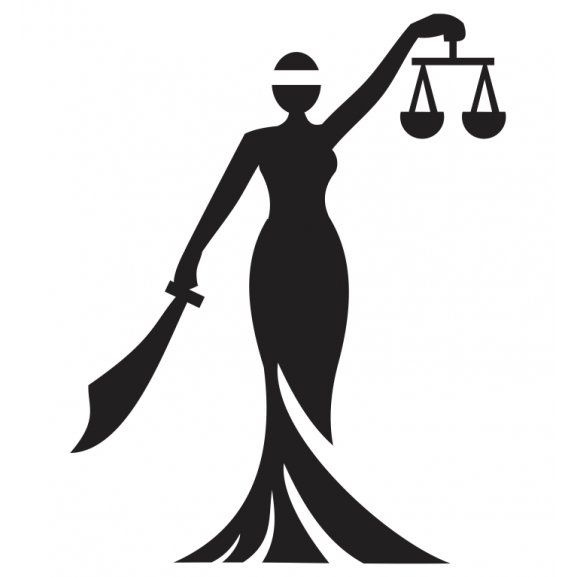Concealed pistol licensees carry a protection-intent firearm because they understand the risk of violence in our society. They are willing to take the personal responsibility to reduce the risk of harm to themselves and those they love by possessing the means (skills and devices) to neutralize an attacker’s ability to carry out harm. In doing so, CPL’ers have an additional risk for themselves; the legal aftermath of a violent encounter. (Which is better than being severely harmed or dead and not enduring this risk…)
After an encounter where lethal force was used, there will be a thorough police investigation. They will use the evidence at the scene, witness statements, and statements from those involved, to build an understanding of the scenario. This can take a significant amount of time. Once documented, the case will be presented to the district attorney, who will then determine what charges will be brought against those involved.
The main determination against the CPLer will be if lethal force was justified. A significant contributor to that is the statements the CPL’er gives to the police. Namely, how clearly and articulately the threat was described. In other words, how well did the CPL’er portray that they reasonably believed they were threatened by great bodily harm.
As a caution, after a violent altercation the defender may be feeling survivor elation. They may be giddy just with the idea of still being alive. That could be portrayed as excitement or happiness by an overzealous prosecutor. The defender may be feeling self-doubt, or remorse. “Why did I kill this guy?” A jury hearing that will have to be swayed that the question was remorse and not doubt around the facts of the scenario. Whatever wild moods are hitting the defender, and an eagerness to return to normalcy, defenders have been known to say some incriminating things.

This is where your attorney comes into play. Before speaking to the police or making any statement, the defender’s only statement need be “I want to speak to my lawyer.” But, who is “my lawyer”? Is there one? Is he a court-appointed defense attorney? Is she an excellent criminal defense lawyer with decades of experience that I picked myself? Who is “my lawyer”?
Hiring an attorney on retainer is one of the most important things a CPL pistol carrier can do. Establishing a relationship with an attorney before they are needed ensures the vetting and selecting process happens thoroughly from a living room computer and not hastily from a jail cell or by a relative.
The purpose of a lawyer on retainer is so that they will be there representing the defender, ideally immediately after an encounter where they may need representation. The retainer is essentially pre-paying for a set amount of legal service. During the initial investigation, it is crucial that a good lawyer represent the defender to help steer the investigation the appropriate way with statements and facts presented in such a way that do not expose the defender to additional legal risk. While the investigators are trying to get to the “truth” of the matter, the defender should have a person representing his best interests. This goes beyond the truth and protects his exposure to risk. This educated ‘hand on the wheel’ from the get go is crucial in surviving the legal aftermath of the altercation.
What are some things to be considered when selecting a lawyer and getting a retainer agreement?
Cost and Service
Obviously. The best lawyer one an afford, for as long as the case may drag out, is ideal. We cannot have what we cannot afford, so cost will be a big determiner in lawyer selection.
Related to cost, the retainer cost will be linked to an amount of service. Are you pre-paying 4 hours of legal counsel? Eight? The cost will rise with the amount of service expected. Eight hours should be considered a bare minimum to have counsel represent the defender while the basics of the case are being investigated.
Renewal
How long is the retainer good for? If the retainer is only for representation should a violent altercation occur, and the lawyer will not be legal counsel for other matters, then the renewal should be a few to several year terms. They are a “just in case”, not a “I need you constantly” purchase. This is a low duty cycle for the lawyer but they are indeed committing to be on call for the client virtually 24/7.
Experience
All lawyers will have basic knowledge of the law as it pertains to self defense. A criminal defense attorney will have specialized practice in criminal defense (this doesn’t mean the defender is a criminal, but rather is defending against criminal charges). The criminal defense lawyer will likely have time working with various judges and the DA and this familiarity will help him better stand up for his client’s rights in the case.
A lawyer on retainer can start relatively inexpensively, and should definitely be considered as one of the must-have firearm items in a CPL’ers inventory. Firearms, ammo, training, counsel-hours. Add it to the list!
